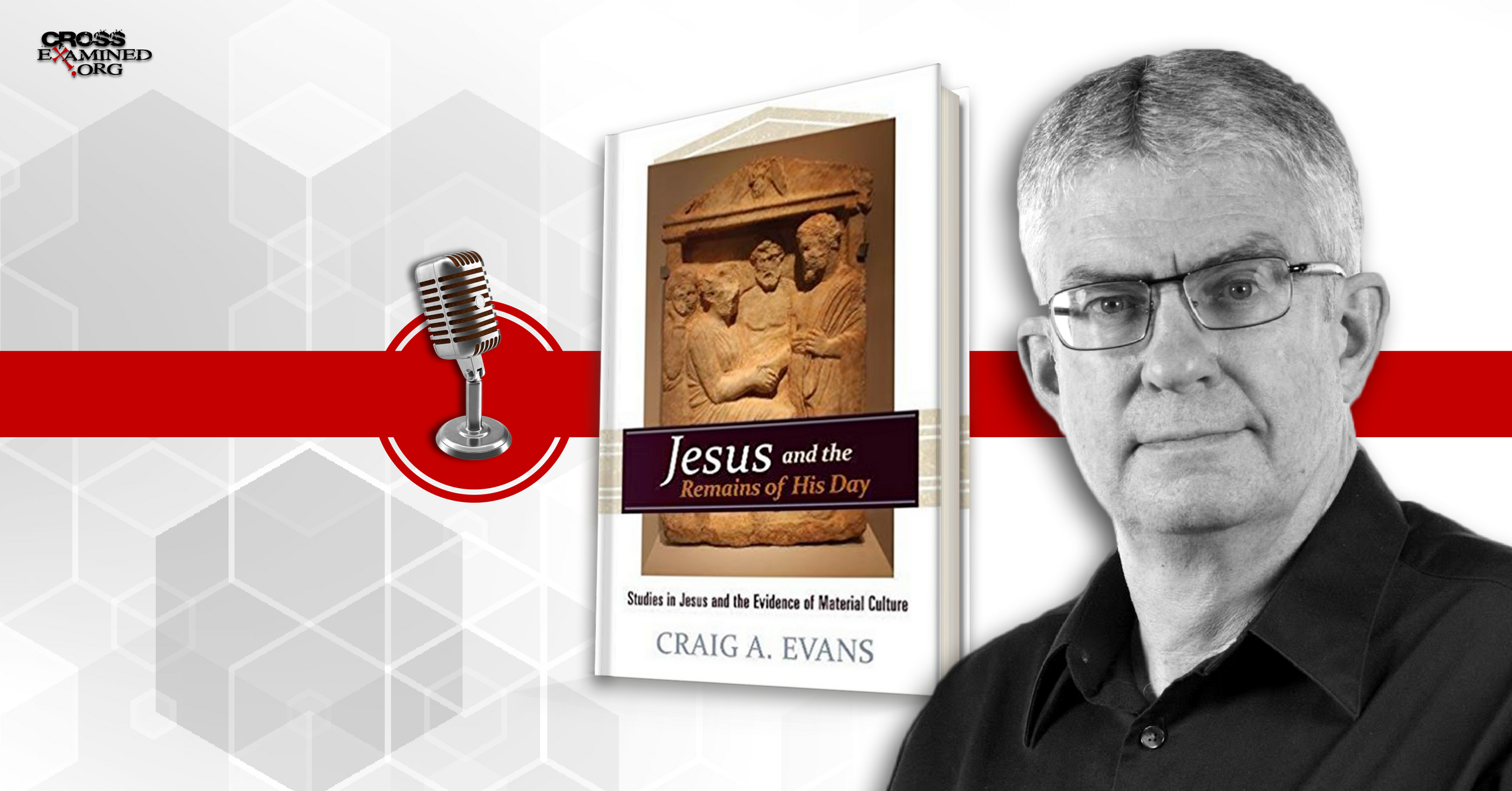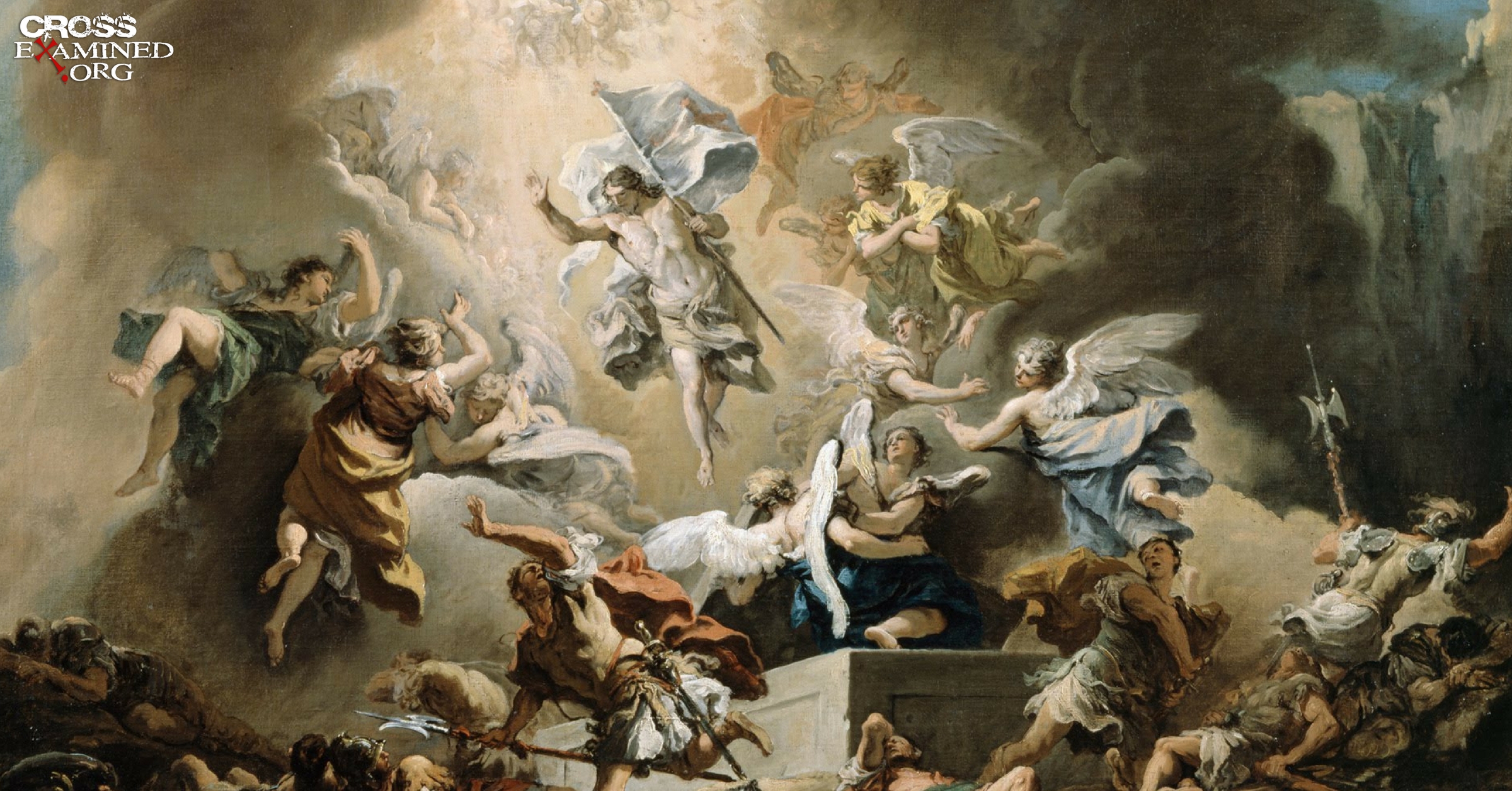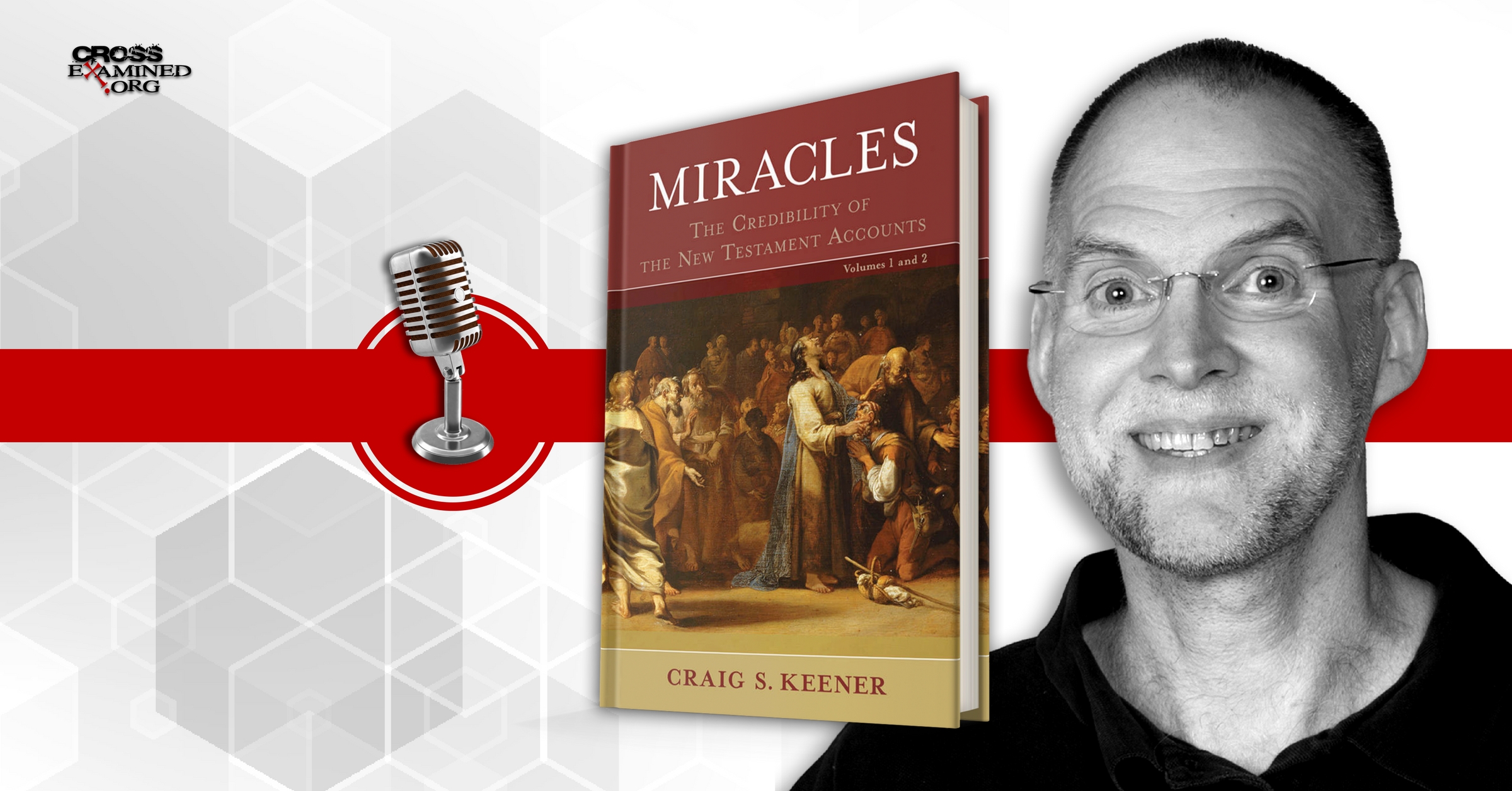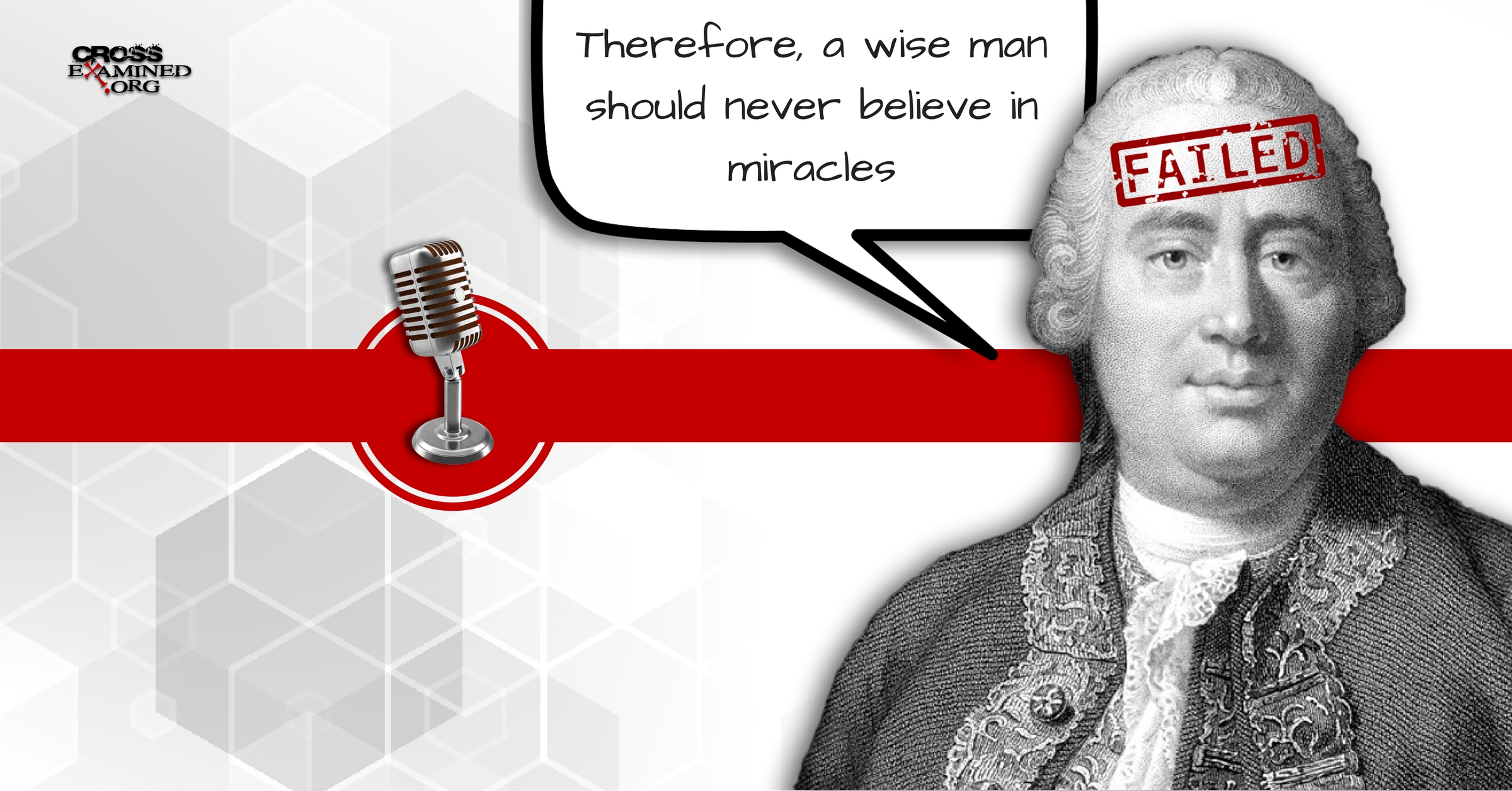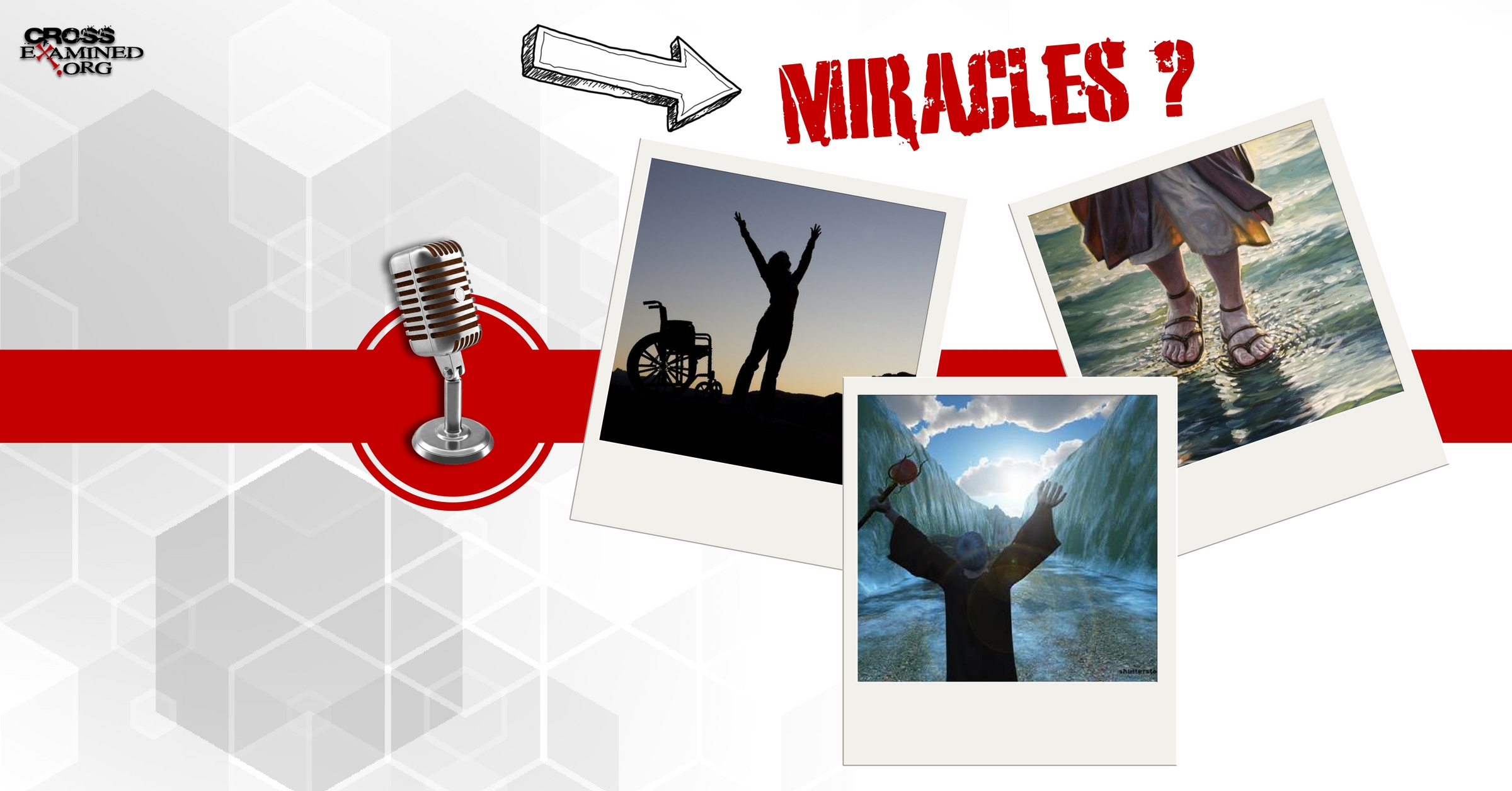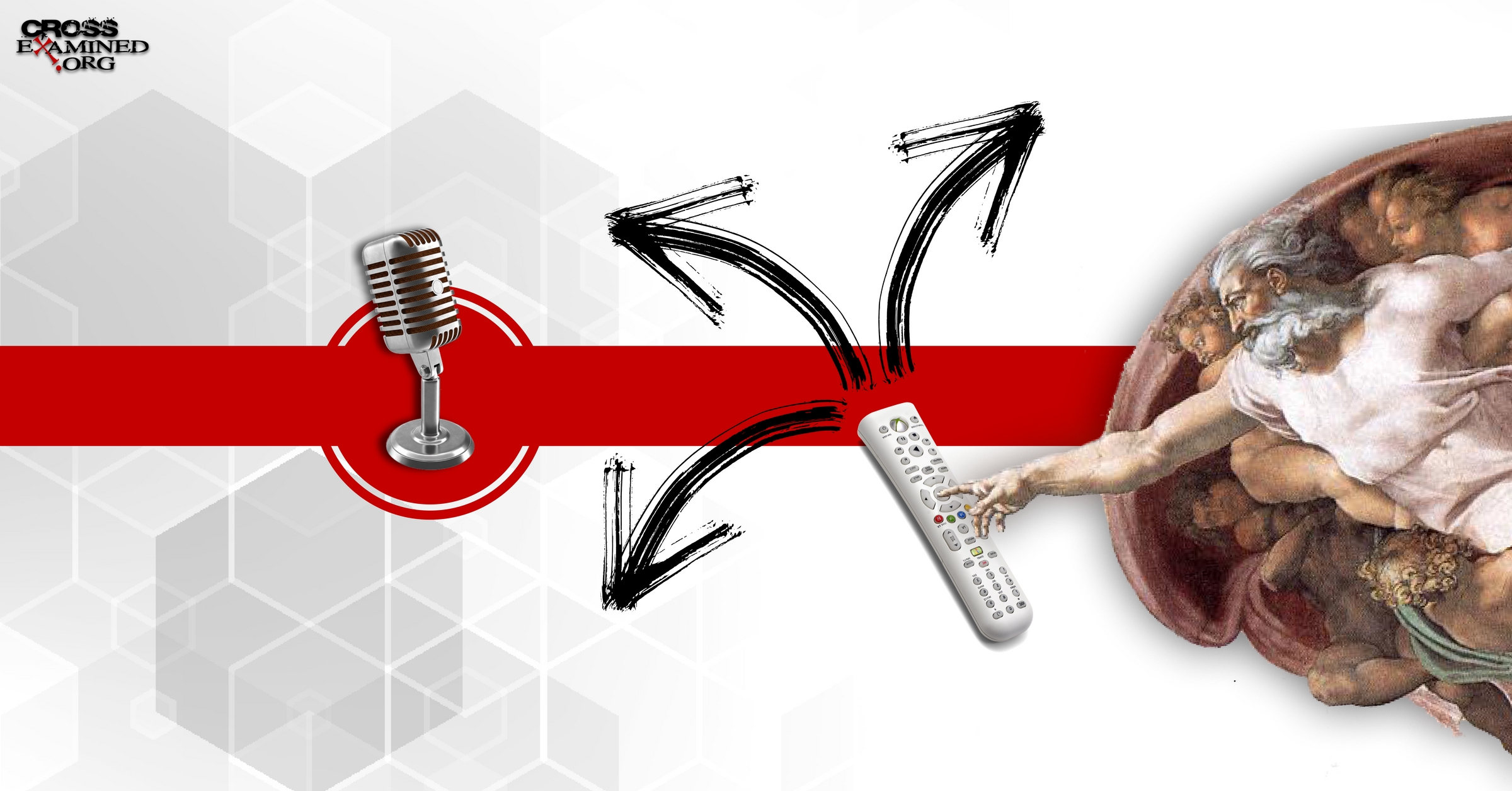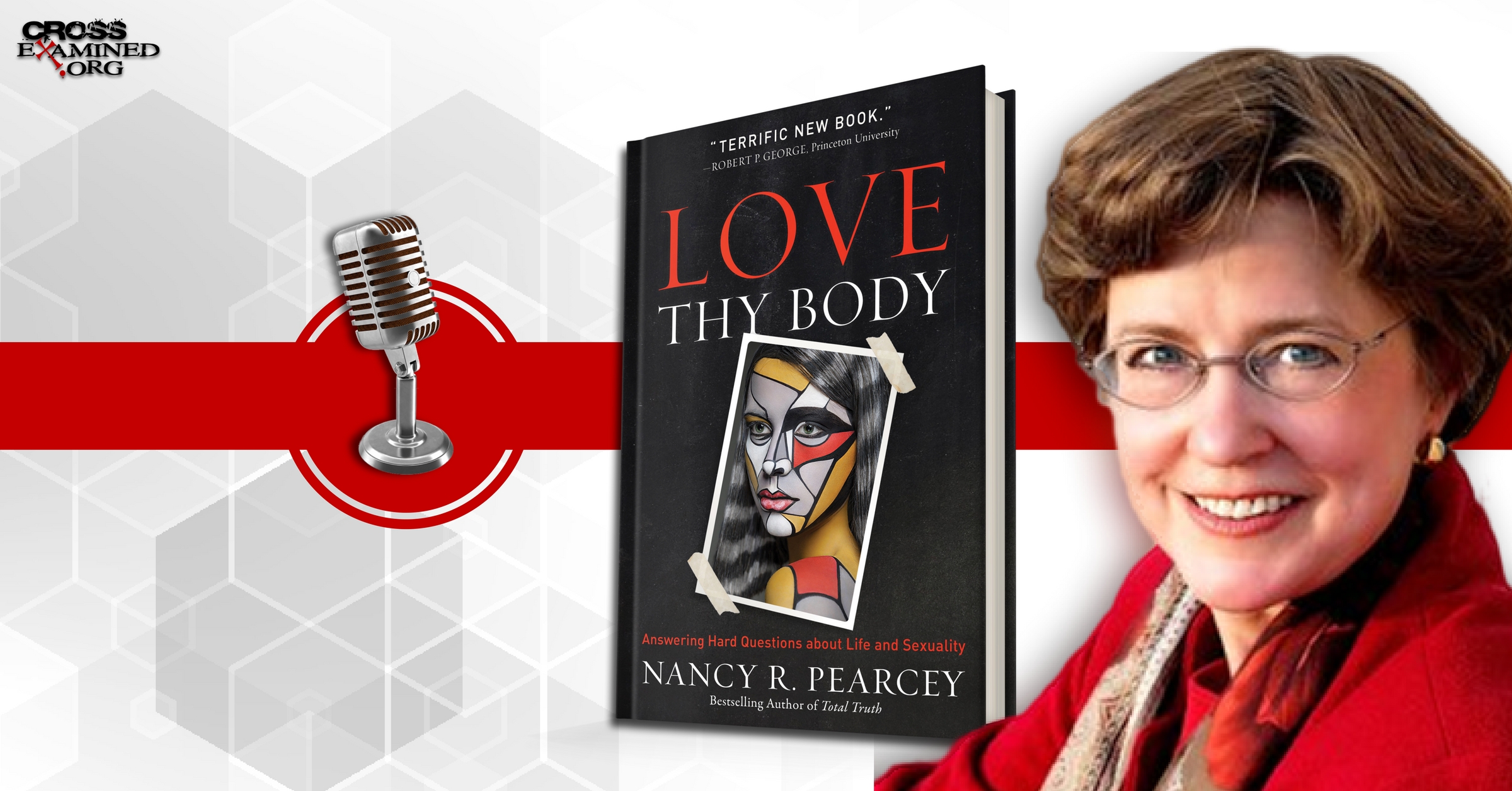Is Christianity true just because the inerrant Bible says it is? No. Christianity would still be true even if the Bible was never written.
Let me explain.
It’s a common belief prevalent among some Christians today that what we know about Christianity depends on an inerrant Bible. Sure, we know that there are several non-Christian writers from the ancient world that make brief references to the first-century events and the beliefs of the early Christians, corroborating what we read in the New Testament. We also know that there is an increasing number of archaeological findings that support characters and events in the Christian storyline.
But some of us erroneously think that Christian beliefs cannot be sustained unless the Bible is without error. That would mean that the Christian faith is a house of cards ready to collapse if one verse or reference in the New Testament is discovered to be false.
Although I think are good reasons to believe in an inerrant Bible, inerrancy is an unnecessarily high standard by which to establish the central event in Christianity—the Resurrection of Jesus of Nazareth (which we celebrate this Sunday). Christianity hinges on that historical event. If Christ rose from the dead, then, game over, Christianity is true. On the other hand, if he didn’t rise from the dead, then, as a first-century eyewitness by the name of Paul admitted, Christianity is false.
But you don’t need inerrant sources to establish that the Resurrection actually happened, or any other historical event for that matter. For example, if you found an error in the stat line of a football game, should you assume that every game, story and stat line in the newspaper was a complete fabrication? Then why do some people do that with the New Testament? Why do they assume that unless every word of it is true, then most of it is false?
They assume that because they are confusing the fact of the Resurrection with the reports of the Resurrection. Conflicting reports of a historical event are evidence that the event actually occurred, not the reverse. In other words, to return to our sports analogy, the only reason there is an error in the stat line, to begin with, is because the game was actually played and someone tried to report on that game. Neither the stat line nor the error would exist unless the game had actually been played. After all, who reports on a game that didn’t actually take place?
The same is true with the documents comprising the New Testament and the Resurrection. Even if one were to find an error or disagreement between the multiple accounts of the Resurrection story, the very fact that there are several eyewitness accounts shows that something dramatic actually happened in history—especially since the folks who wrote it down had everything to lose by proclaiming Jesus rose from the dead.
That is, all of the New Testament reporters (except Luke) were observant Jews who would pay dearly for proclaiming the Resurrection. Why would Jewish believers in Yahweh—people who thought they were God’s “chosen people” for two thousand years—invent a Resurrection story that would get them excommunicated from the “chosen people” club, and then beaten, tortured and murdered?
Answer: they wouldn’t. They saw something dramatic that they weren’t expecting. Then they proclaimed it, altered their lives because of it, and later wrote about it, despite the fact that doing any of that would get them killed.
So Christianity isn’t true just because the Bible says it’s true. Christianity is true because an event occurred. True, we wouldn’t know much about Christianity if the reports of the Resurrection had never been written, but the Resurrection preceded the reports of it.
As my friend Andy Stanley asks, “Do you realize that there were thousands of Christians before a line of the New Testament was ever written?” Paul was a Christian before he wrote a word of the New Testament. So was Matthew, John, James, Peter, etc. Why? Because they had witnessed the resurrected Jesus.
Contrary to what some skeptics may think, the New Testament writers didn’t create the Resurrection—the Resurrection created the New Testament writers. In other words, the New Testament documents didn’t give us the Resurrection. The Resurrection gave us the New Testament documents! There would be no New Testament unless the Resurrection had occurred. Observant Jews would never have invented that.
This why the foundational beliefs of Christianity—what C.S. Lewis called Mere Christianity—are true even if the reports have some errors. Getting details wrong in reporting the Resurrection doesn’t change the larger point that the Resurrection actually happened. In fact, if all of the accounts agreed on every detail, we’d rightly assume they colluded. Actual eyewitnesses never describe the same historical event in the same way.
For example, survivors of the Titanic disagreed how the ship sank. Some say it broke in two and then sank. Others say the thought it went down whole. Does that disagreement mean that we shouldn’t believe the Titanic sank? Of course not. They all agree on that! They were just viewing the same historical event from different vantage points.
Likewise, all the writers agree that the Resurrection occurred, but they differ on the minor details (Who got to the tomb first? Did you see one angel or two? etc.). And these differences aren’t necessarily contradictions, but the natural result of viewing the same historical event from different vantage points.
The historical documents we’ve collected and put into one binding we call the New Testament are just what the name implies— they are testaments or reports of what honorable people witnessed and had no motive to invent. In fact, given who they were and how they suffered, they had every motive to say it wasn’t true. And there are several other excellent reasons that show it takes more faith to be an atheist than a Christian.
So inerrant Bible or not, the Resurrection we celebrate on Sunday actually occurred about 1,985 years ago. That means you can trust that one day you’ll be resurrected like Jesus if you put your trust in him.
Dr. Frank Turek (D.Min.) is an award-winning author and frequent college speaker who hosts a weekly TV show on DirectTV and a radio program that airs on 186 stations around the nation. His books include I Don’t Have Enough Faith to be an Atheist and Stealing from God: Why atheists need God to make their case

